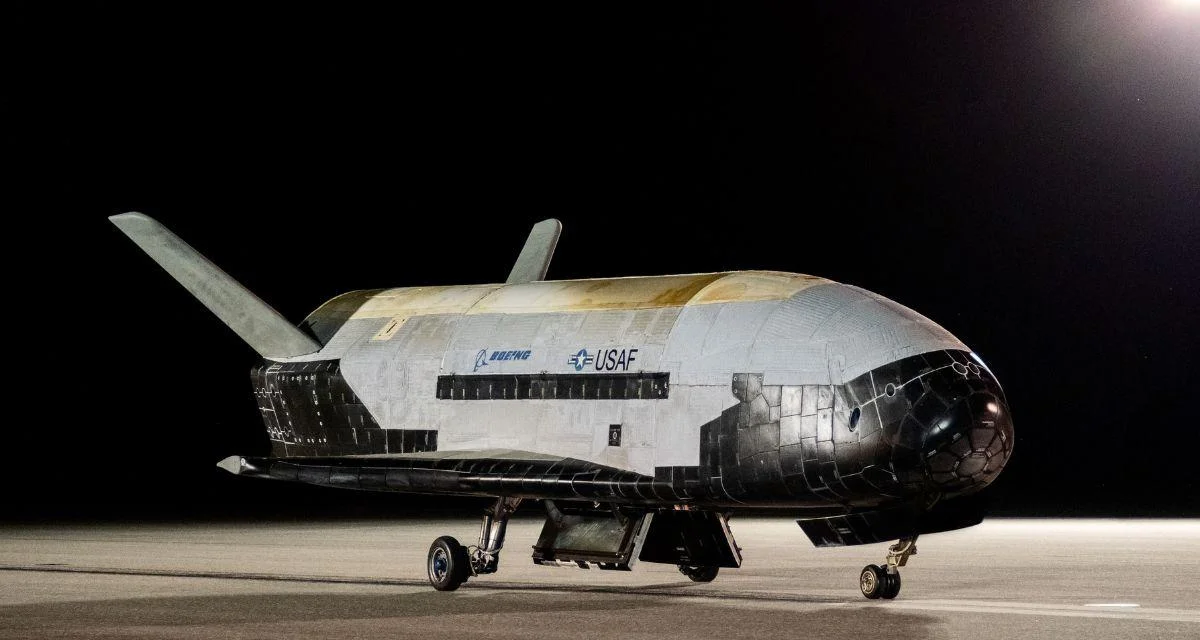One hotel in Europe has taken a stringent approach to prevent towel theft by informing guests that all towels are equipped with an invisible, localizable RFID chip. The hotel's management warns that if the towels do not remain in the apartment, they reserve the right to report the incident to relevant authorities, with fines ranging from €300.00 to €15,000.00.
Hotels have been embedding RFID chips in towels for over a dozen years as a deterrent against theft. One hotel reportedly saved $16,000 per month by reducing its towel thefts from 4,000 down to 750 after attaching washable RFID tags to its towels. The mere knowledge of these tags' existence appears sufficient to deter potential thieves.
The financial impact of such measures is significant but does not scale proportionally across the industry due to varying towel quality and replacement rates among hotels. Nevertheless, there remains substantial money involved in hotel linen management.
 Alerts Sign-up
Alerts Sign-up








